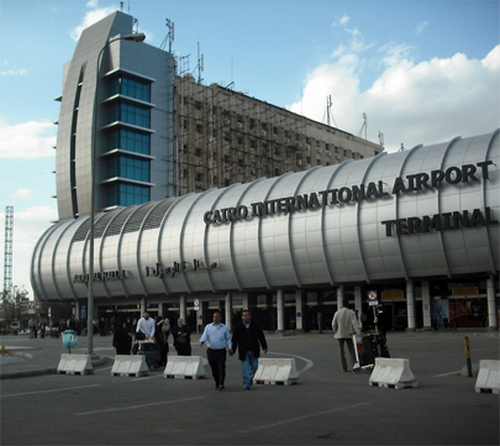SHARJAH, United Arab Emirates: Since the mid-1990s, Western-style television programs in the Arab world have stirred much controversy over their potentially detrimental effects on the region s social values and traditions. And no television genre has created as heated a public debate in Arab societies as reality television.
But while critics may have a point in focusing attention on the incongruous aspects of this genre, there is evidence that balanced and responsibly-produced reality shows hold promise for fostering creativity and enhancing democratic participation in the region s emerging public sphere.
Public discontent with reality shows in the Arab world revolves around the way they address social and cultural values and practices, and not around their format as such. I remember the national protest in Bahrain five years ago that led the Middle East Broadcasting Center (MBC) to suspend its Arabised version of “Big Brother , which was being filmed in the tiny Gulf kingdom. Show producers had brought together 12 young men and women to live under one roof – highly culturally inappropriate, not to mention unrealistic – with 24-hour surveillance capturing their boredom and their contrived competitiveness alike.
Equally provocative reality shows on Arab television include “Al Hawa Sawa (On Air Together), a matchmaking program that briefly aired on Arab Radio and Television (ART) network, which paraded eight women from across the Arab world before suitors in a luxury apartment for 24 hours a day, and “Star Academy , produced by the Lebanese Broadcasting Corporation (LBC) and now in its sixth season, which portrays young men and women living together in an apartment while competing for the title of best Arab singer .
With these shows, the eagerness of producers to capture a young audience often trumps upholding standard Arab norms. But there is a bright side to reality television that needs to keep shining.
Reality television, which involves viewers in determining program content, helps transform traditionally passive audiences into active spectators of real life. In this sense, reality television offers many Arabs an opportunity to have their opinions shape a media project and have their voices heard in the public sphere.
Moreover, reality television can help preserve traditional art forms and bring them to new audiences. For instance, reality television can serve as a launching pad for creative talent in a wide range of performing arts including dance, musical composition, singing, poetry recital and chanting.
I remember watching a show during the fasting month of Ramadan where young men took part in Quranic recitations in the presence of a panel of judges and a participatory audience on Dubai Television. On Abu Dhabi Television, the famous “Poet of the Million reality show, a televised competition for the most talented Arabic-language poet, offers an example for how this television genre may be optimally harnessed to promote an especially important component of traditional Arab culture: poetry. The same applies to other shows that promote adventures in nature, religious education and community cohesion in its widest sense.
Reality television in the Arab world, despite some of its less favorable cultural facets, presents Arab audiences with a new and creative approach to contemporary life. The factual nature of these shows settings, coupled with the enthusiasm of a participatory audience, is likely to stimulate genuine creativity on the part of competing figures. The short history of this television genre demonstrates that an increasing number of talents have won recognition in their communities through their participation in such programs.
One example is Jordanian singer Diane Karazone, who rose to prominence after appearing on Future Television s Super Star in 2003.
The issue here is not whether reality television shows should be aired or not, but rather whether they make the most of their potential when they disregard the moral foundations from which local audiences derive their identities. I believe that reality shows which shun the excessive sensationalism of commercial television and root themselves in local – not imported – culture contribute to the promotion of sound communities in contemporary Arab societies.
For this to happen more consistently, broadcasters should begin to view themselves as partners with civil society organizations and community leaders. Reality television can continue to draw crowds even as it nurtures a more valuable youth identity in the Arab world for the benefit of the whole community, an identity that could ultimately affect the idea of citizenship in the Arab world. After all, citizens are active – not passive – participants in their societies.
Muhammad Ayish is professor of communication at the University of Sharjah. This article was written for the Common Ground News Service (CGNews).


